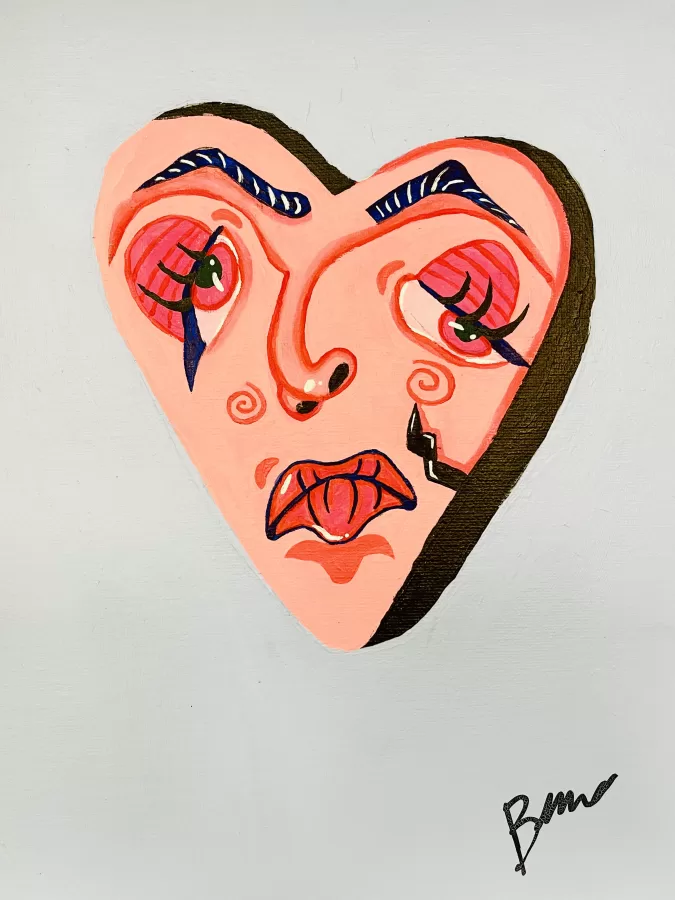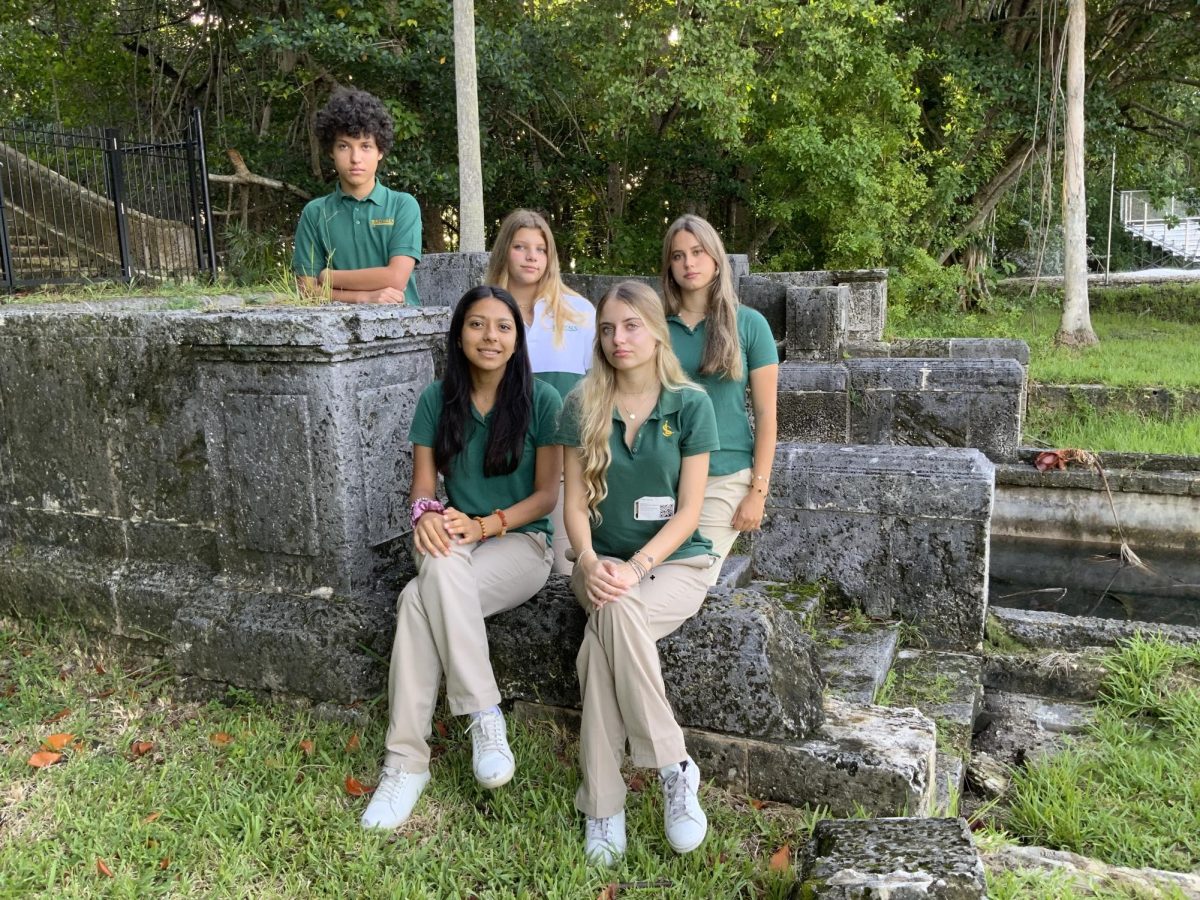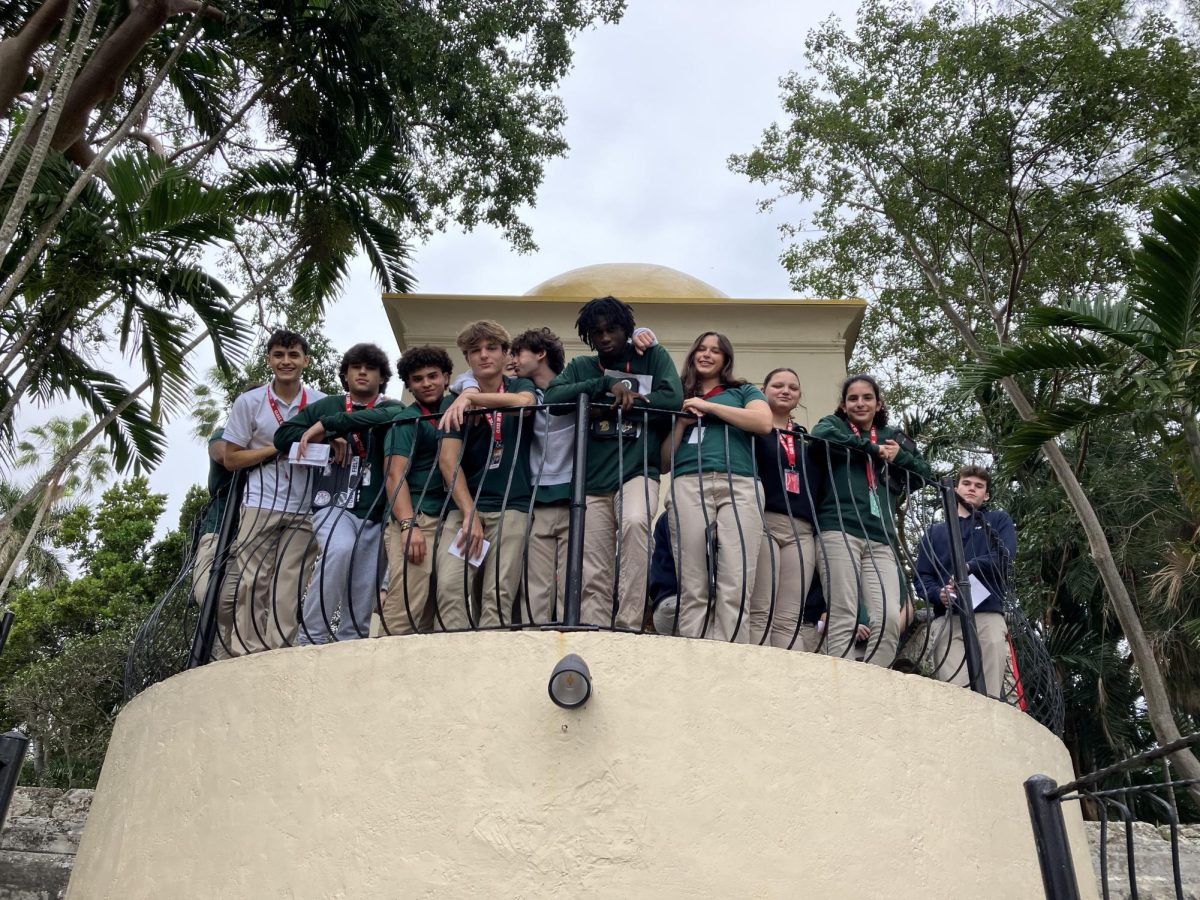Now that the election is past, and Amendment 4 has been soundly rejected by Florida voters, the Royal Courier is sharing a winning essay written by ILS’s very own Annette Labrada, a senior who has worked as a summer camp counselor, volunteered for numerous charities, and even traveled with a mission group to Santo Domingo. Annette plans to study biology in college, hoping to pursue a career in healthcare.
Amendment Four appears to be a progressive step in healthcare, promoting women’s empowerment. However, this perspective overlooks the profound complexities of abortion—the intentional ending of a human life. The amendment expands abortion access, while also eliminating the requirement of parental consent for minors seeking an abortion. While Amendment Four may be viewed as a step towards expanding women’s rights, it risks harming the family structure and could lead to significant emotional trauma for the young woman and her family. It also involves the moral consequence of dishonoring one’s parents by leaving them out of a life-changing decision.
Parental consent and parental permission differ in terms of formality and legal associations. Parental permission involves informal verbal approval, while parental consent requires a legal signature. Removing this requirement leaves young women susceptible to making an irreversible decision she may not fully understand, one that could have detrimental impacts on her emotional well-being and family relationships.
According to Lucy Nguyen, director at Paradigm Treatment, “One of the biggest differences researchers have found between adults and adolescents is the pre-frontal cortex,” which is responsible for “reasoning, planning, judgment, and impulse control” (paradigmtreatment.com).
Moreover, the family structure is fundamental to the Catholic faith. This is reflected in the Fourth Commandment: “Honor your father and your mother.”
Eliminating parental consent weakens the family bond by excluding parents from a life-changing decision. Parents can unknowingly lose a grandchild, and young women can suffer lifelong regret, not fully aware of the weight of the decision or the support of her parents.
Society presents abortion as a healthcare necessity that saves women’s lives, associated with phrases such as “reproductive rights” (reproductiverights.org) and women’s “right to their own bodies” (globalhumanrightsdirect.arizona.edu). Furthermore, society often dehumanizes unborn children by calling them a “clump of cells” in order to justify abortion, leading to a distorted perception of preborn children.
Psychotherapist Vincent Rue’s research demonstrated that 65% of women who undergo abortion experience multiple symptoms of PTSD afterward, revealing the potential trauma in the aftermath of an abortion. Jeannie Pittam, a young woman pressured into an abortion by her father, was consumed by fear and obsession with death even nineteen years after having received an abortion.
“Everything in my life was falling apart. My fears for my children’s safety and welfare were paralyzing me” (liveaction.org). During Jeannie’s abortion, her mother had gone to the movies, and never went back because it triggered painful memories. This illustrates the lifelong trauma that abortion can bring to the woman and her family.
The pro-life stance is embedded in the Fifth Commandment—”You shall not kill,” which reflects the Catholic teaching that every human life has dignity and is sacred. As St. John Paul II said, “Give us the grace–When the sacredness of life before birth is attacked, to stand up and proclaim that no one ever has the authority to destroy unborn life.” His words emphasize the Catholic commitment to defend life. Opposing Amendment Four means defending the unborn who cannot defend themselves and recognizing that abortion ends a sacred life created by God.
While Amendment four is viewed as a positive step towards expanding women’s rights, it presents significant risks by removing parental consent. This oversight can cause enduring psychological consequences for families involved in these processes. Therefore, Amendment
Four must be rejected. As God calls us to do, let us stand together to protect the sanctity of the family and uphold the dignity of human life from the moment of conception.
Works Cited
“Abortion.” Center for Reproductive Rights, 8 Oct. 2024, reproductiverights.org/our-issues/abortion/#:~:text=The%20Center%20for%
Reproductive%20Rights,undermine%20access%20to%20abortion%20care. Developer. “What Are the Mental Health Effects of Abortion?” The
Pregnancy Care Center, 10 Sept. 2024, thepregnancycarecenter.org/what-are-the-mental-health-effects-of-abortion/.
D’Amico, Pat. “A Teen’s Brain Isn’t Fully Developed until Age 25.” Paradigm Treatment Center, 3 Jan. 2024, paradigmtreatment.com/teens-brain-fully-developed-age/.
Girod, Brandon. “Not Sure How to Vote on Florida’s Amendment 4? We Break the Abortion
Measure Down.” Pensacola News Journal, Pensacola News Journal, 22 Oct. 2024, www.pnj.com/story/news/politics/elections/2024/10/22/florida-amendment-4-explained- diving-deep-into-abortion-measure/75794239007/#.
Liu, Huiling, et al. “Impact of the Intensive Psychological Intervention Care on Post-Traumatic
Stress Disorder and Negative Emotions of Teenage Female Patients Seeking an Induced Abortion.” Frontiers in Psychiatry, U.S. National Library of Medicine, 12 Oct. 2023, www.ncbi.nlm.nih.gov/pmc/articles/PMC10602776/#:~:text=A%20study%20conducted %20by%20the,criteria%20for%20PTSD%20(23).
Sarah Terzo |
November 11. “Jeannie Suffered Post-Abortion Trauma for Years. Now She Helps Others Find Healing.” Live Action News, 11 Nov. 2022, www.liveaction.org/news/jeannie-post-abortion-trauma-healing/.
“Women’s Right to Their Bodies; Women’s Health Programs and Health Education.”
Global Human Rights Direct, 2 July 2019, globalhumanrightsdirect.arizona.edu/issues/womens-right-to-their-bodies-womens-health -programs-and-health-education/#:~:text=Women%20represent%20half%20of%20the,ov er%20their%20own%20reproductive%20health.








